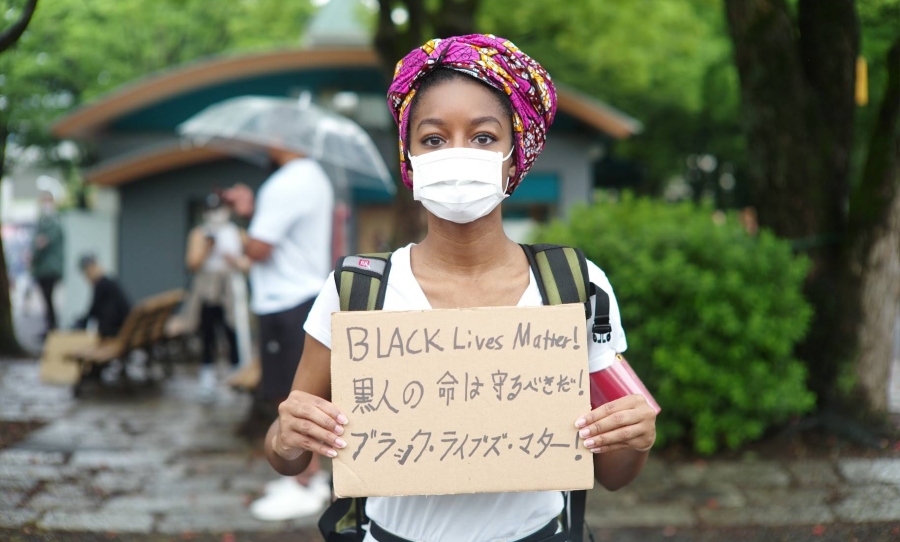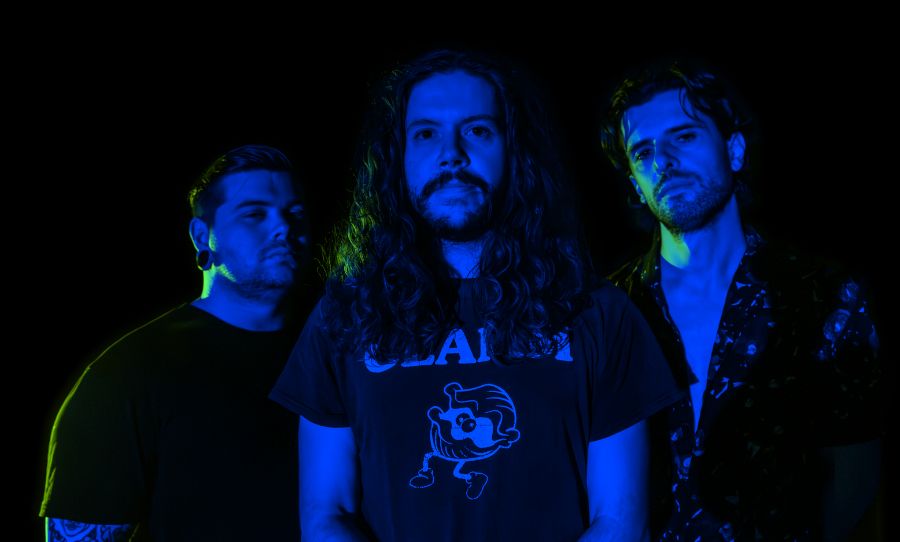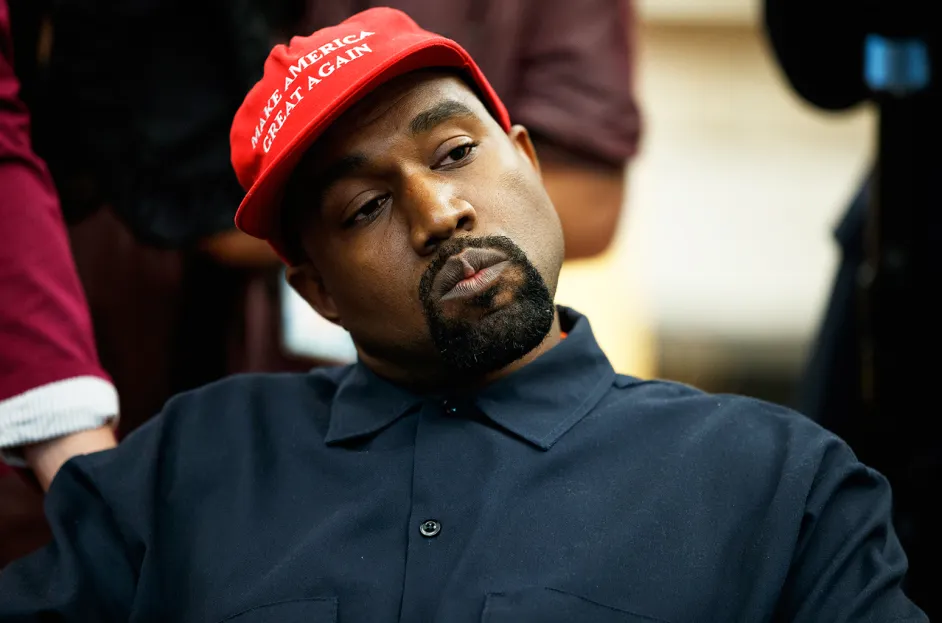The International Olympic Committee (IOC) has prohibited athletes from ‘Black Lives Matter’ demonstrations at this year’s Tokyo Olympic Games.
With the Olympic Games set to begin on July 23 this year, the IOC intends to enforce ‘Rule 50’, an archaic rule that intends to “keep the venues, the Olympic Village and the podium neutral and free from any form of political, religious or ethnic demonstrations.”
“If an athlete or participant is in breach of Rule 50 and the Olympic Charter, each incident will be evaluated by their respective National Olympic Committee, International Federation and the IOC, and disciplinary action will be taken on a case-by-case basis as necessary,” the IOC said.
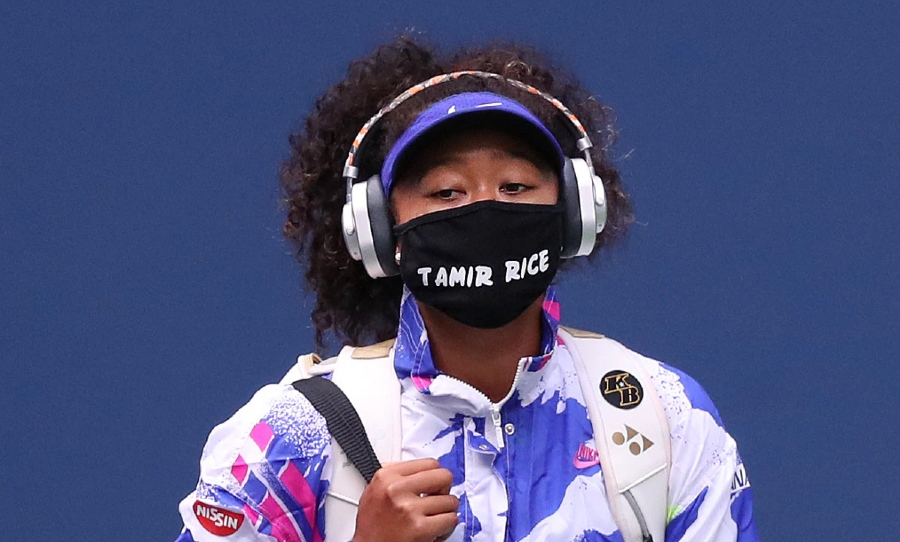
“Any protest or demonstration outside Olympic venues must obviously comply with local legislation wherever local law forbids such actions.”
Last month, the IOC confirmed the new rules for the 2021 Olympics, which also includes its long-standing ban on “demonstration or political, religious or racial propaganda’ on the field of play, medal podiums or official ceremonies,” – even though BLM’s activism and purpose could hardly be counted as “propaganda”.
Furthermore, the IOC has banned slogans such as ‘Black Lives Matter’ on athletic apparel at all Olympic venues, such as the Olympic Village or medal ceremonies, but will allow words like ‘peace’, ‘respect, ‘solidarity’, ‘inclusion’, and ‘equality’ on T-shirts – groundbreaking.
IOC’s Athletes’ Commission chief, Kirsty Coventry, said that during the review of Rule 50, over 3,500 athletes were consulted, with 70 per cent of consults saying they didn’t want protests occurring in ceremonies, on podiums, or fields of play.
Coventry is a former Olympic swimming champion for Zimbabwe, and said in an online presentation of the Rule 50 consultation results that protests could distract from the ‘bigger picture’.
“I would not want something to distract from my competition and take away from that. That is how I still feel today.”
#BREAKING International Olympic Committee bans ‘BLM’ apparel, also announces taking a knee or any other political protest will be BANNED at Tokyo Olympics. -Daily Wire
— Tim Swain (@SwainForSenate) May 5, 2021
This decision from the IOC goes completely against statements from the U.S. Olympic and Paralympic Committee in December 2020, which said that athletes would not be sanctioned for protest-actions, such as raising fists in solidarity or kneeling on the medals stand at the Tokyo games.
The IOC infamously refused to move the 1936 Games from Berlin, despite Adolph Hitler’s despicable desire to showcase Germany’s “master race,” and gave the 2008 Olympic Games to Beijing because it “will do a lot for the improvement of human rights and social relations in China.”
Activists and athletes have criticised this recent decision from the IOC, with many pointing to the fact that banning protesting is a political act in itself, making clear that athletes should be seen, not heard.
Others have criticised the imminent backfire of these rules, as prohibiting protests will only bring more attention when they inevitably occur.
Most importantly, however, many have pointed to the iconic 1968 Summer Games in Mexico City, as proof the protesting is part of the Olympic’s Games’ social fabric.
In 1968, black U.S athletes, Tommie Smith and John Carlos, won gold and bronze respectively in the 200-meter race.
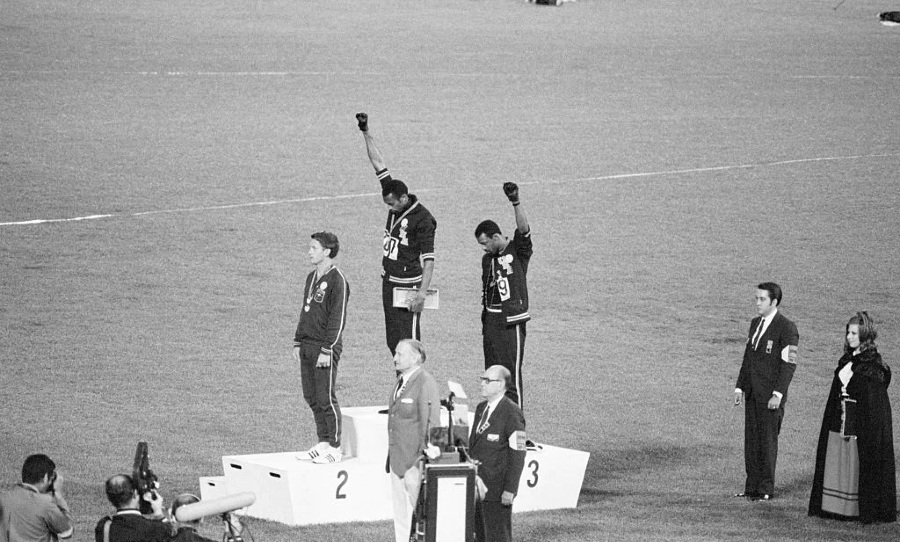
Image: The New York Post
The two men saw the Olympics as a chance to highlight black pride and social consciousness, as well as expose the exploitation of black athletes, and demand that Olympic invitations be rescinded for the two countries that practised apartheid at the time, South Africa and Rhodesia.
When the two stood on the Olympic podium, they raised their black-gloved fists during the playing of the national anthem. The U.S. Olympic Committee expelled them from the Games, turning them into icons of the civil rights movement.
In 2005, a 22-foot statue of the medal-stand demonstration was unveiled at San Jose State, honouring Smith and Carlos’ stand against racial justice.
“It is very sad nationally that two young athletes had to do what they were doing to bring attention to racism,” Smith said in front of the statue during a 2018 celebration of the protest.
While the Tokyo Olympics are still set to go ahead, protests calling for the games to be cancelled due to COVID-19 are also gaining traction within Japan, as medical care runs the risk of being stretched to a breaking point.
Tachikawa Sogo Hospital in Tokyo
The sheets say: “Medical care has reached its limit – NO OLYMPICS!” “Give us a break – NO WAY OLYMPICS CAN HAPPEN!” pic.twitter.com/8mY4Bjafz9
— Steve Harris (Tokyo) (@futsal1958) May 3, 2021
